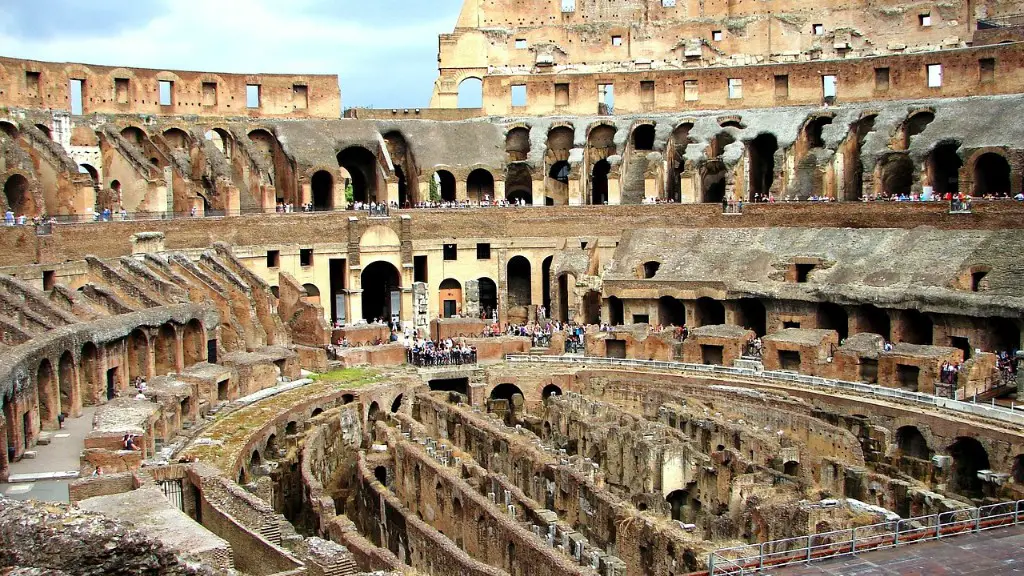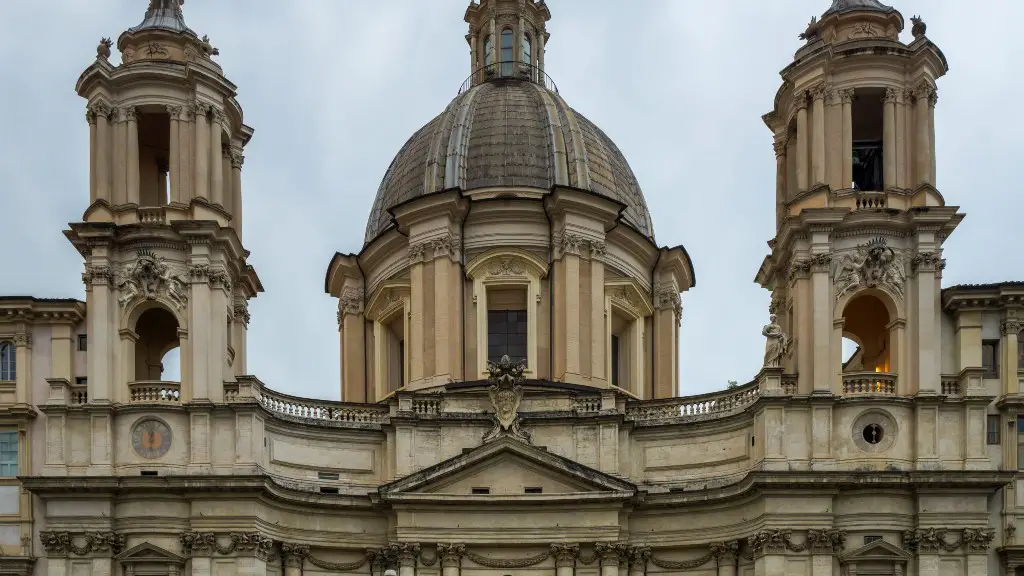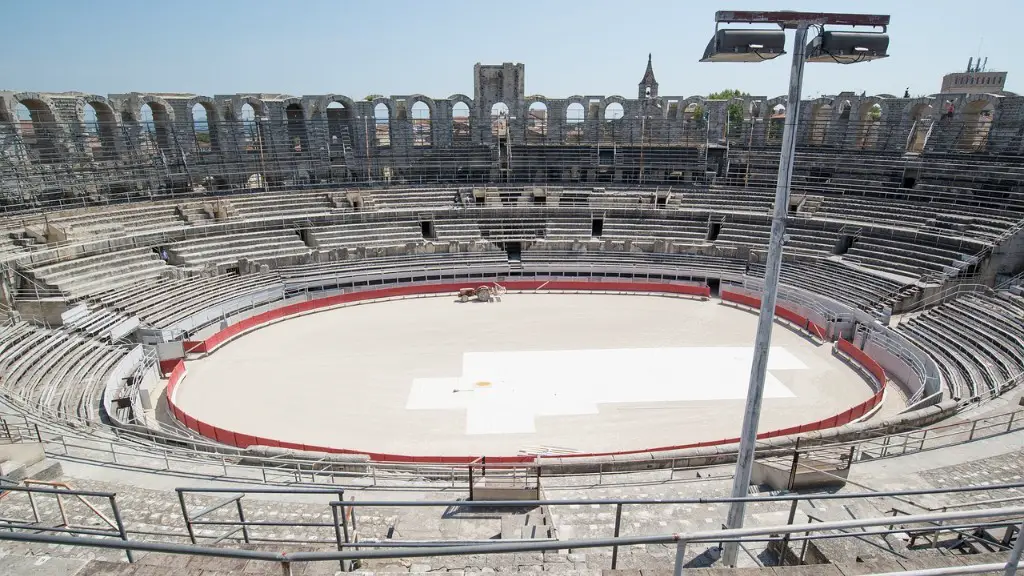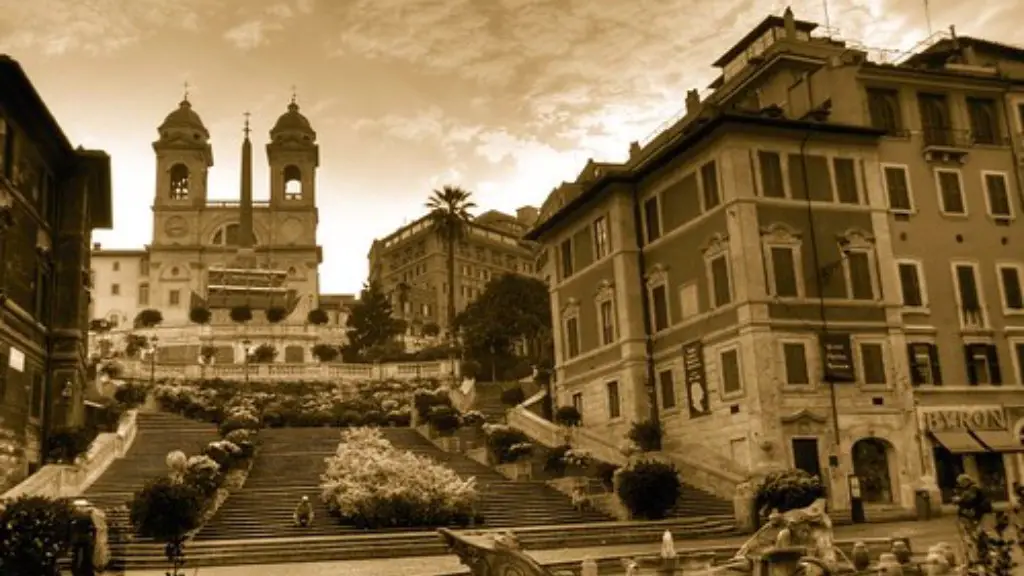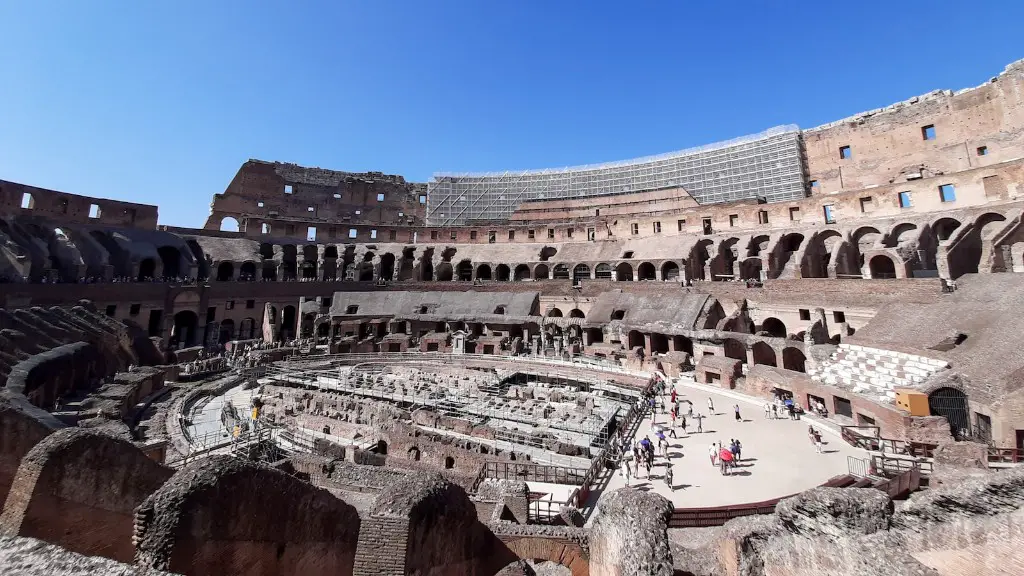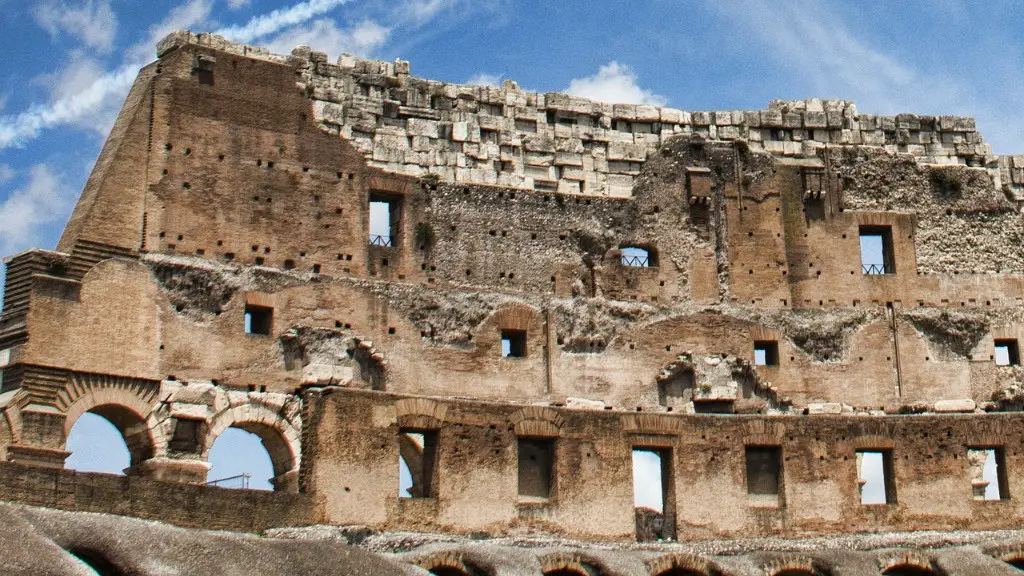In ancient Rome, politicians were known for their skills in public speaking and debate. They also had a strong knowledge of the law and were able to use this to their advantage. Politicians in ancient Rome were often very ambitious and would do whatever it took to achieve their goals.
In ancient Rome, politicians were responsible for maintaining the rule of law and for representing the interests of the people. They also worked to ensure the functioning of the government and to oversee the allocation of resources.
What were Roman politics like?
The Roman government was a complex system of elected officials and popular assemblies. The magistrates had authority over specific areas of Roman life, and the Senate was a council of all present and former magistrates. The Assemblies were responsible for electing magistrates, voting on legislation, and serving as a supreme law court.
The Roman Republic was a political entity that developed in around the same time as direct democracy in Ancient Greece. The Roman Republic was characterized by collective and annual magistracies, overseen by a senate. The top magistrates in the Roman Republic were the two consuls, who had an extensive range of executive, legislative, judicial, military, and religious powers.
What did Roman officials do
The Roman magistrates were elected officials in Ancient Rome. During the period of the Roman Kingdom, the King of Rome was the principal executive magistrate. His power, in practice, was absolute. He was the chief priest, lawgiver, judge, and the sole commander of the army.
The two consuls were the heads of state in the Roman republic. They were elected by the legislative assemblies and served for one year. They presided over the Roman Senate and commanded the Roman military. Though their power was somewhat limited by the establishment of other magistrate positions, the consuls were effectively the heads of state.
Why was the Roman government so successful?
Rome’s success in becoming the most powerful state in the world by the first century BCE was due to a number of factors, including military power, political flexibility, economic expansion, and luck. Rome’s military power was a key factor in its success, as it allowed Rome to conquer and control vast territories. Rome’s political flexibility was also a key factor, as it allowed Rome to adapt to changing circumstances and to make alliances with other states. Rome’s economic expansion was another important factor, as it allowed Rome to increase its wealth and its power. Finally, Rome’s success was also due to luck, as it benefited from a number of favorable circumstances.
The Roman Republic was a period in which the city-state of Rome existed as a republican government. This period is one of the earliest examples of representative democracy in the world. The Roman Republic lasted from 509 BCE to 27 BCE.
What were the main parts of Roman government?
The Roman Republic was a government founded in the 7th century BC that lasted for more than 500 years. It was eventually replaced by the Roman Empire. The three main parts of the government were the Senate, the Consuls and the Assemblies.
The Senate was composed of leaders from the patricians, the noble and wealthy families of ancient Rome. They were the law makers and controlled spending. The Consuls were the highest ranking officials in the government and were responsible for executing the laws. The Assemblies were composed of citizens and were responsible for passing laws.
The Roman Republic was a complex and powerful government that dominated the Mediterranean world for centuries.
The US Constitution was heavily inspired by the Roman Constitution, as Rome was one of the most powerful empires of its time. Many of the features of the US Constitution, including its checks and balances, bicameral legislature, and age requirements, were modeled after Rome. In some cases, the Founders even copied specific terms from the Roman Constitution, such as “senate,” “capitol,” and “committee.”
Who controlled the Roman government
The aristocracy, or wealthy class, dominated the early Roman Republic. In Roman society, the aristocrats were known as patricians and held the highest positions in the government. The two consuls, or leaders, who ruled the Roman Republic were elected by a senate composed of patricians. However, thePatrician class did not always maintain a monopoly on power. The plebeians, or common people, eventually won the right to elect one of their own as one of the consuls.
The Roman Empire was governed by an autocracy, which means that the government was made up of a single person: the emperor. The Senate, which was the dominant political power in the Roman Republic, was kept, but the Senate lacked real political power, and so made few real governmental decisions.
What did Roman governors do?
A Roman governor was the chief administrator of Roman law in one or more of the empire’s provinces. He was either elected or appointed to this position.
The Roman republic was a period of time in which Rome was governed by a group of elected officials called the Senate. The Senate was made up of patricians, or wealthy landowners, who had a lot of power and influence. The Roman republic was very successful, and conquered many areas around the Mediterranean Sea. The republic lasted for five centuries, until it was eventually replaced by the Roman empire.
How did Roman elections work
In the Roman Republic, all public offices were elected annually to one-year terms with the exception of the censor, who was normally elected every five years. The only public offices which were not elected were those of dictator and magister equitum, the dictator’s deputy, who were appointed by the consul in extraordinary circumstances.
The Roman government made money by fighting wars and by charging taxes on things that people bought. When the Romans took over another country, the people living there had to pay taxes to Rome. The Roman government also made money by charging people for the use of roads and by selling things like salt and iron.
Did patricians pay taxes?
The ruling men of Rome were the patricians. They had to know the laws, fight for Rome, pay taxes, and help rule Rome. They were also the only ones who could be magistrates and judge court cases.
The shift from a republic to an empire in Rome saw a transfer of power from representative democracy to imperial authority. In an imperial system, the emperor holds most of the state’s power. This shift meant that initially, the wealthiest citizens were the most powerful and held positions in religious and political offices.
Conclusion
In ancient Rome, politics was a way of life. Politicians were expected to be involved in all aspects of public life, from the law to military affairs. They were also expected to be well-educated and have a strong understanding of the issues facing the Roman people. politics was a way of life for the ancient Romans.
There is no one answer to this question as ancient Rome was a large and complex society with many different types of politicians. However, some common duties of Roman politicians included passing laws, making decisions on behalf of the people, and representing their constituents in the government.
